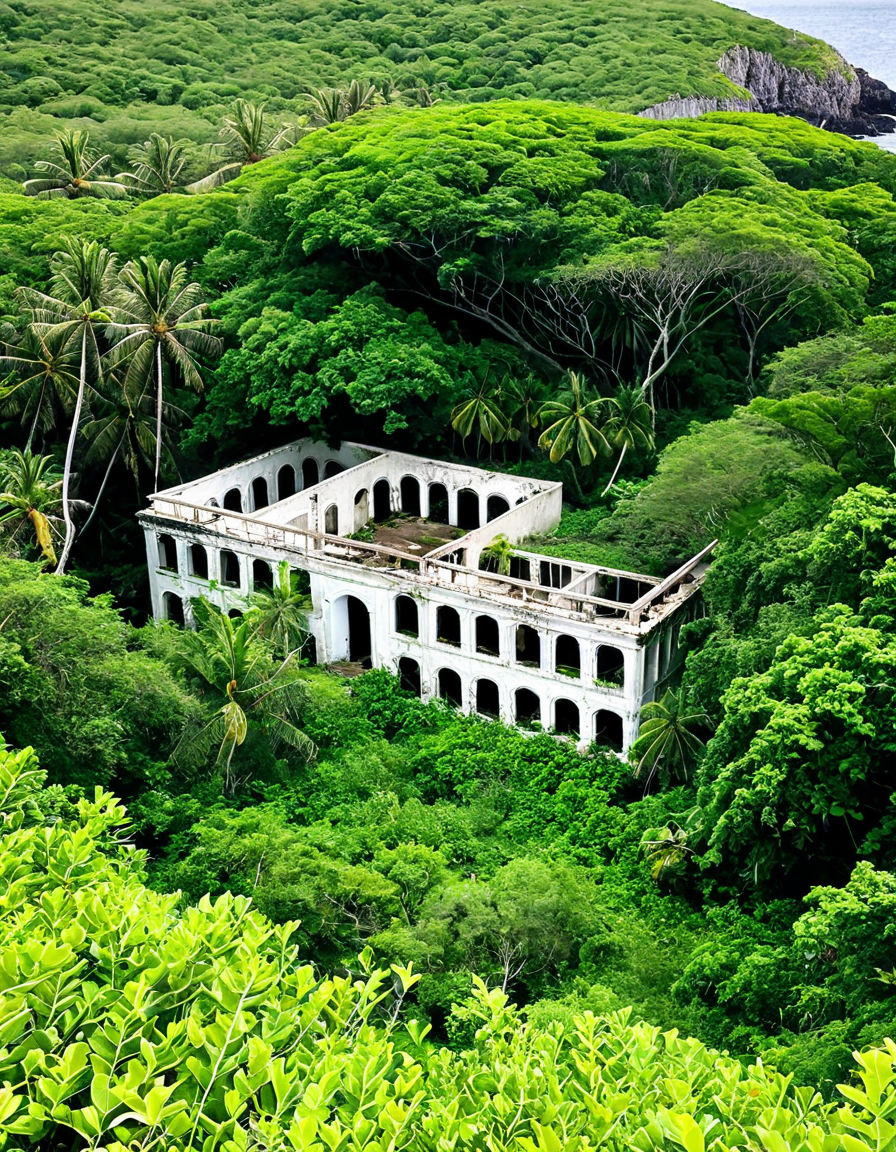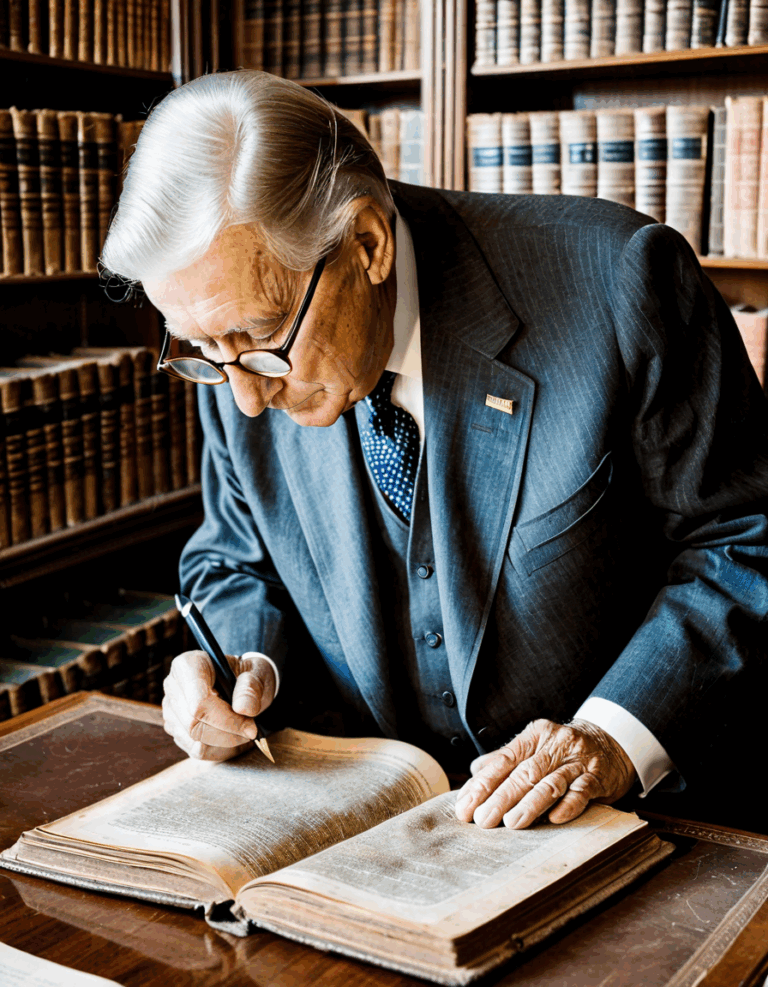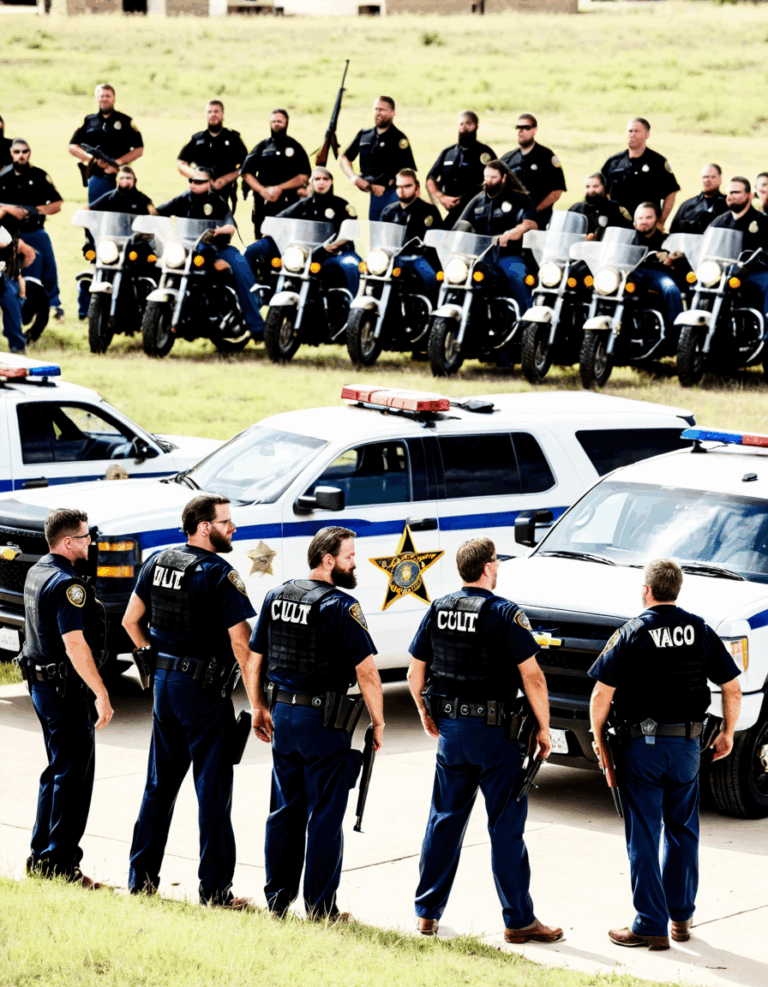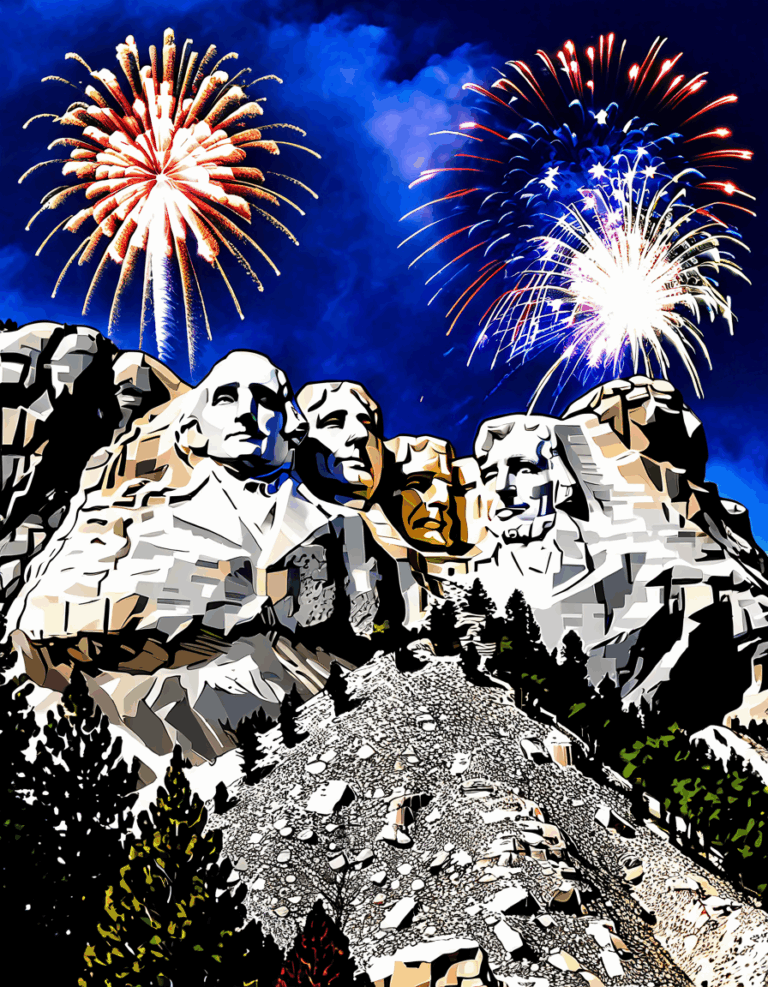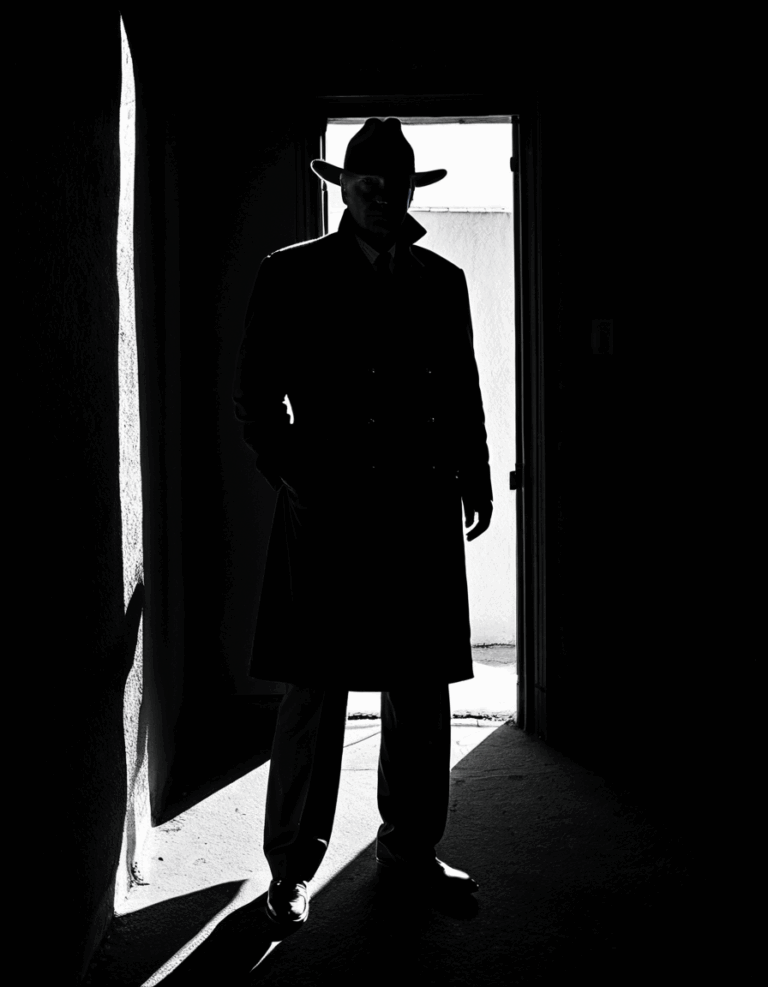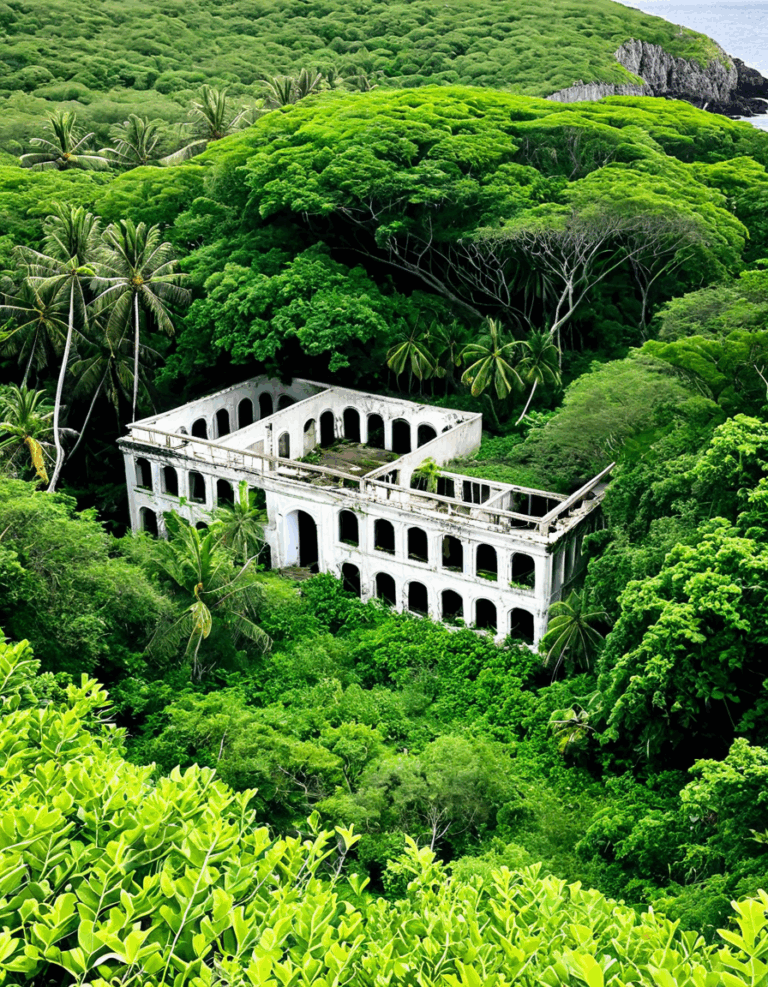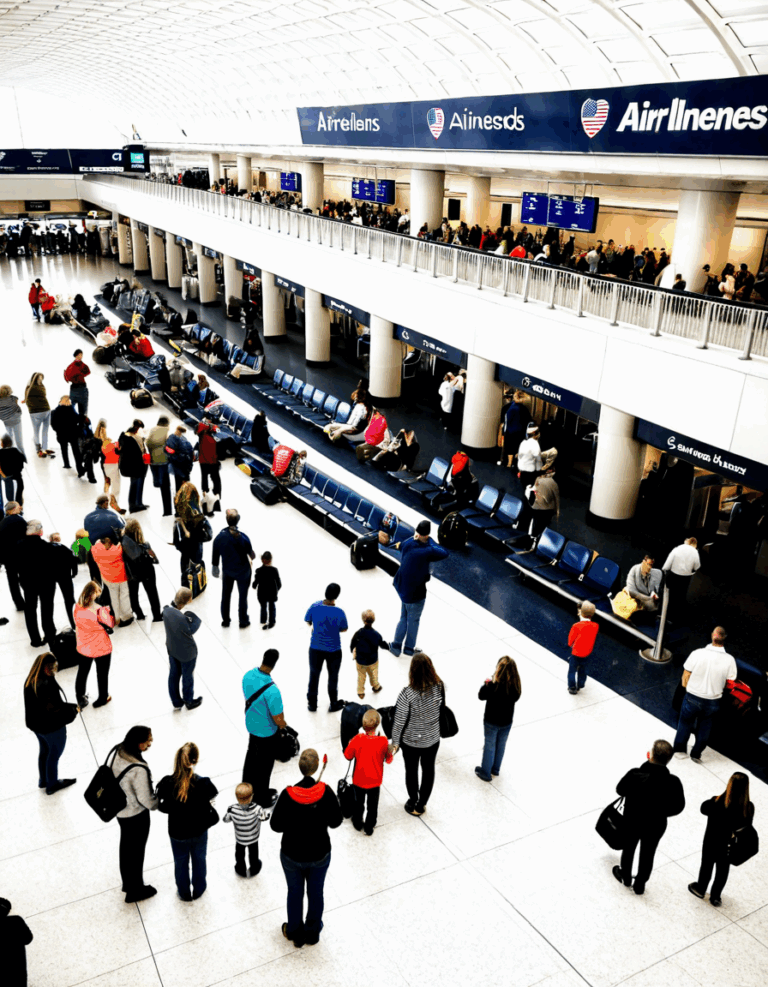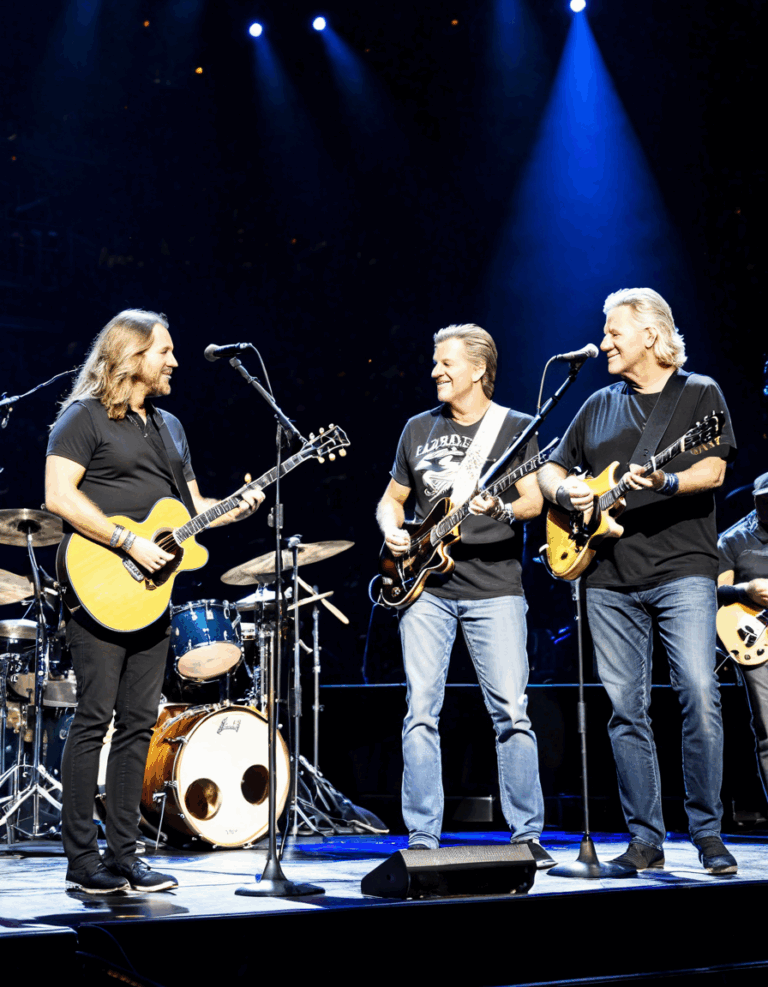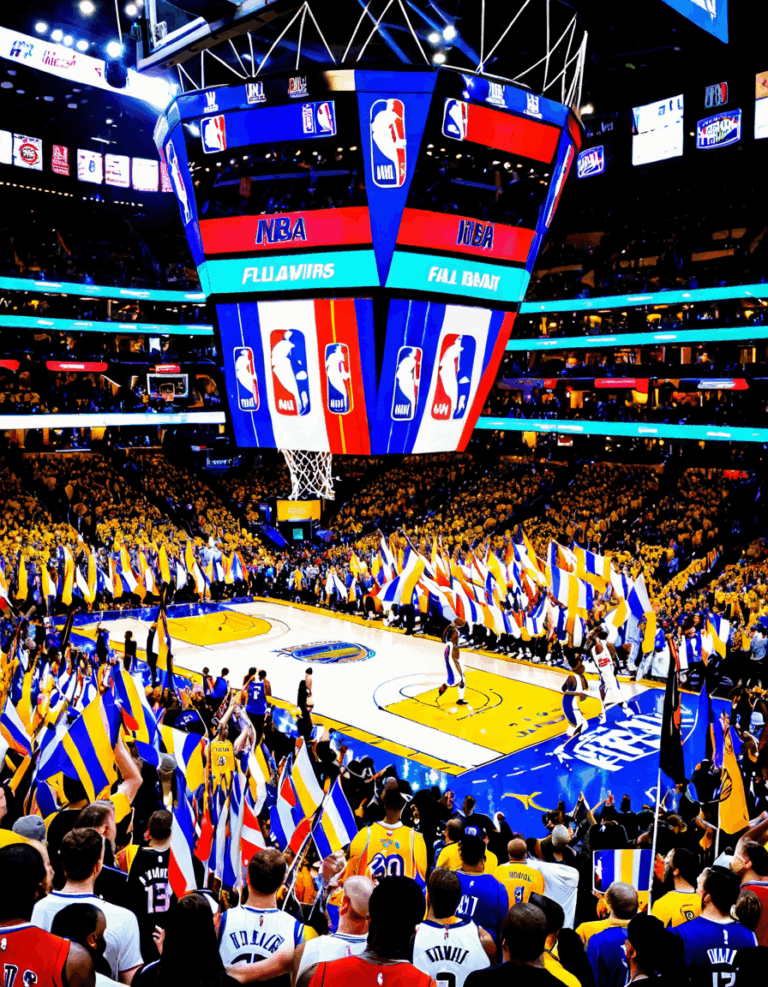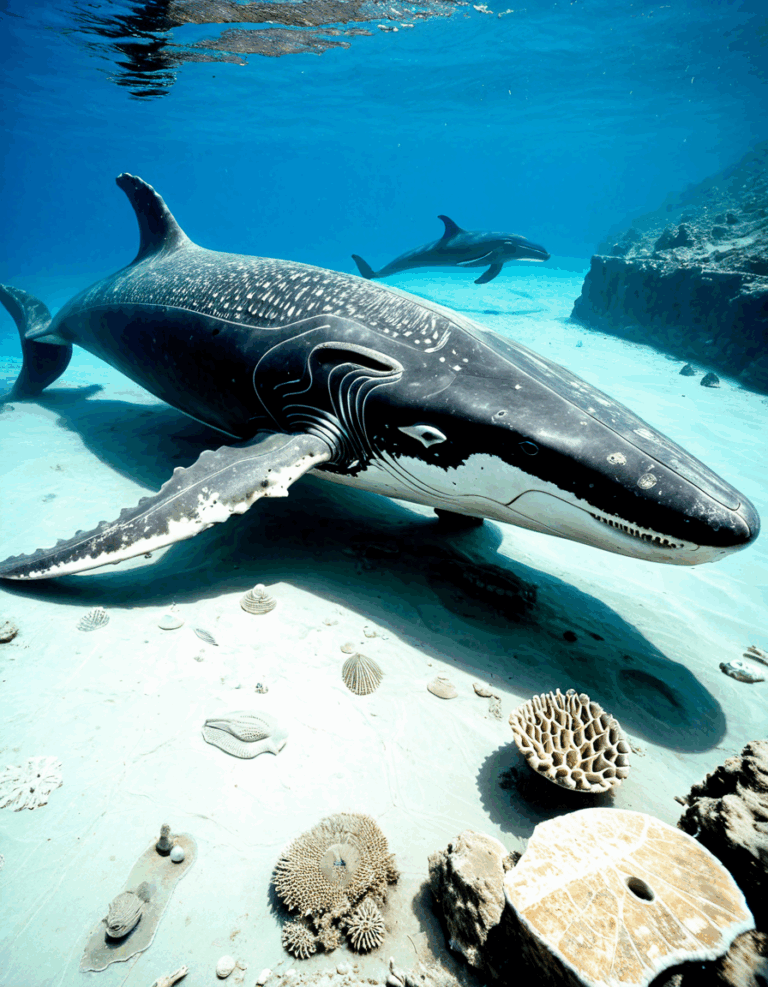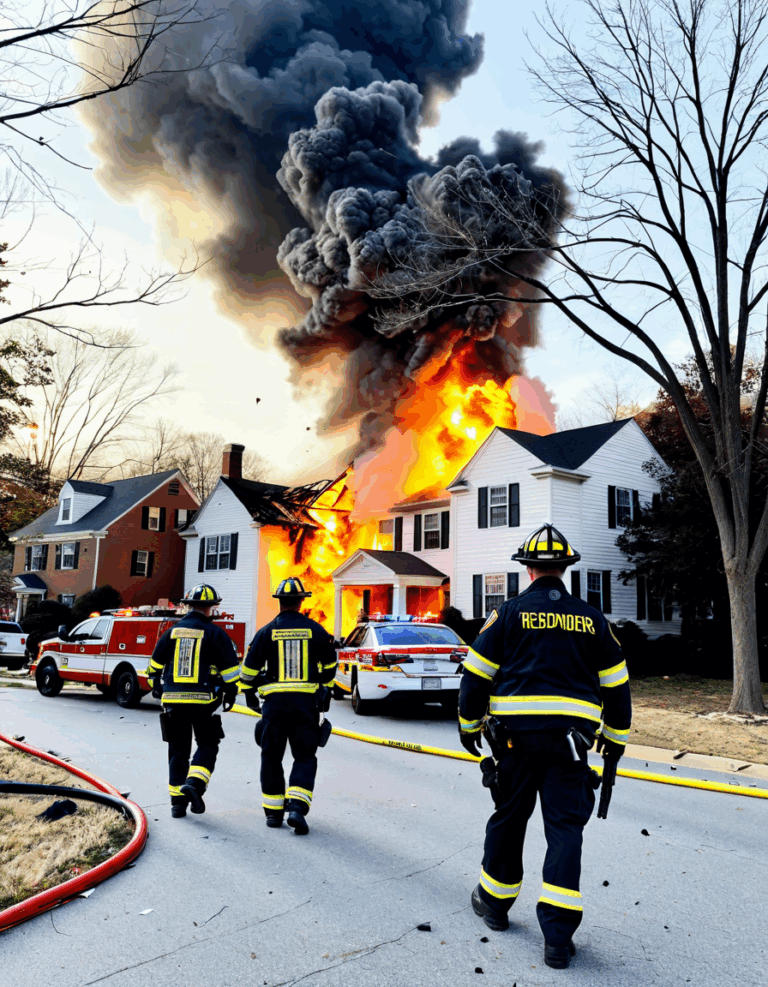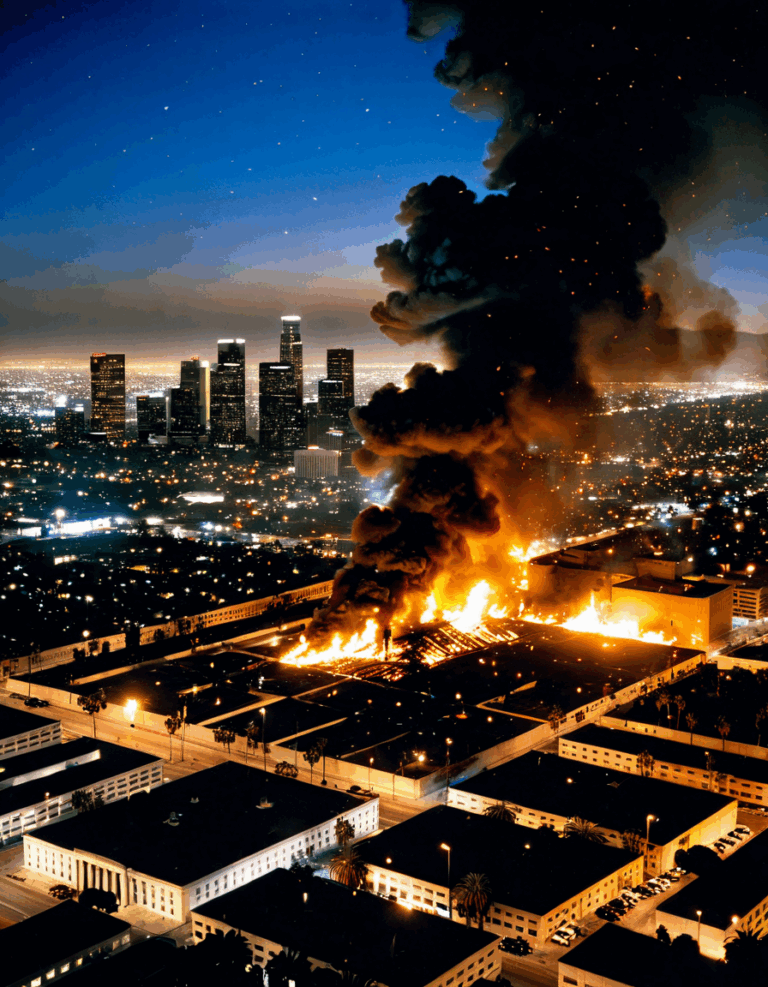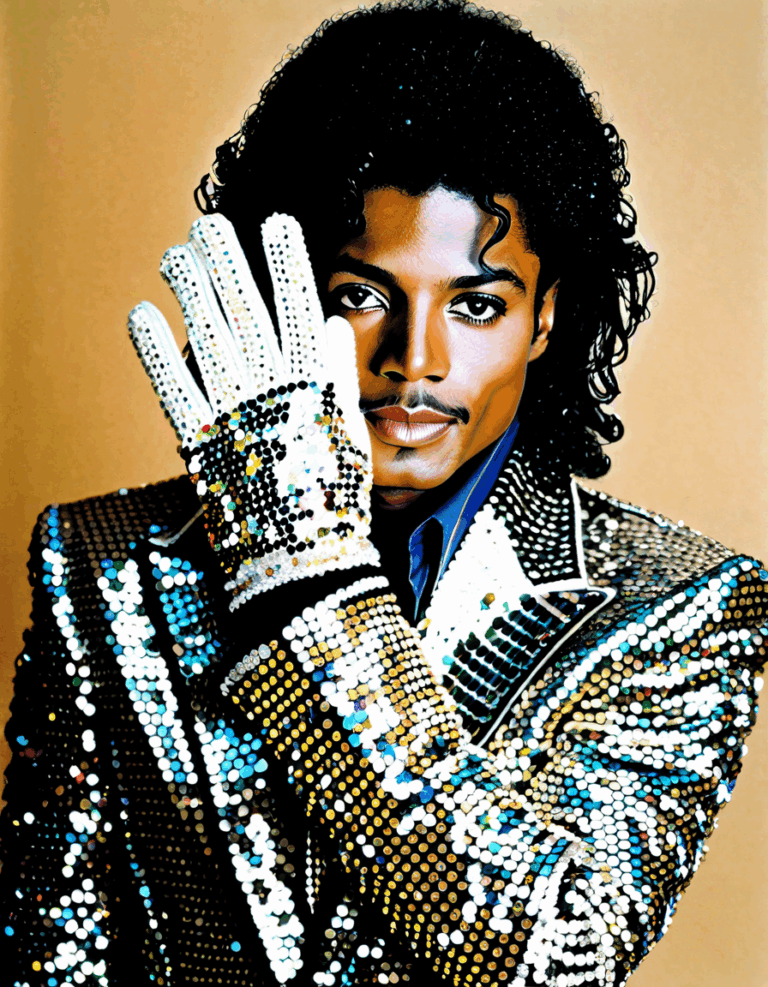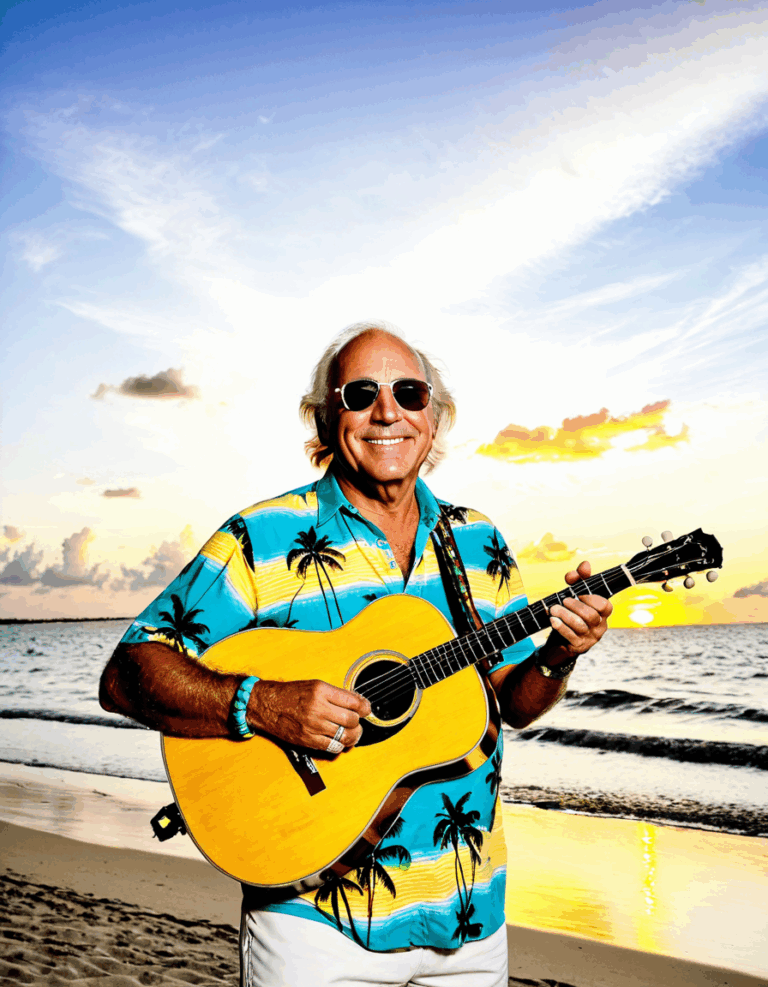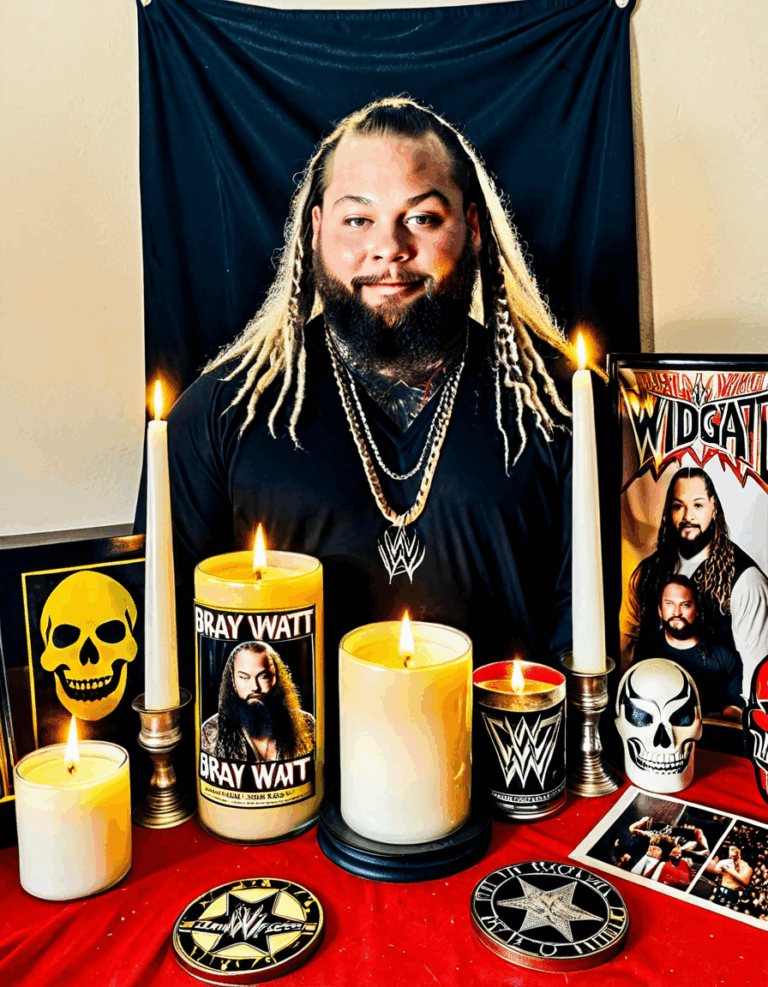When people ask, “What is Epstein Island?” they often refer to Little Saint James, a haunting name in modern history due to its notorious association with financier Jeffrey Epstein. This small private island in the U.S. Virgin Islands transformed from a tropical getaway into a symbol of scandal, exploitation, and elite conspiracies. Epstein’s illegal activities, particularly sex trafficking, casts a long shadow over this tropical paradise. After his arrest in 2019 and subsequent death while in custody, the dark secrets of Epstein Island became a focal point for investigations, media coverage, and countless conspiracy theories.
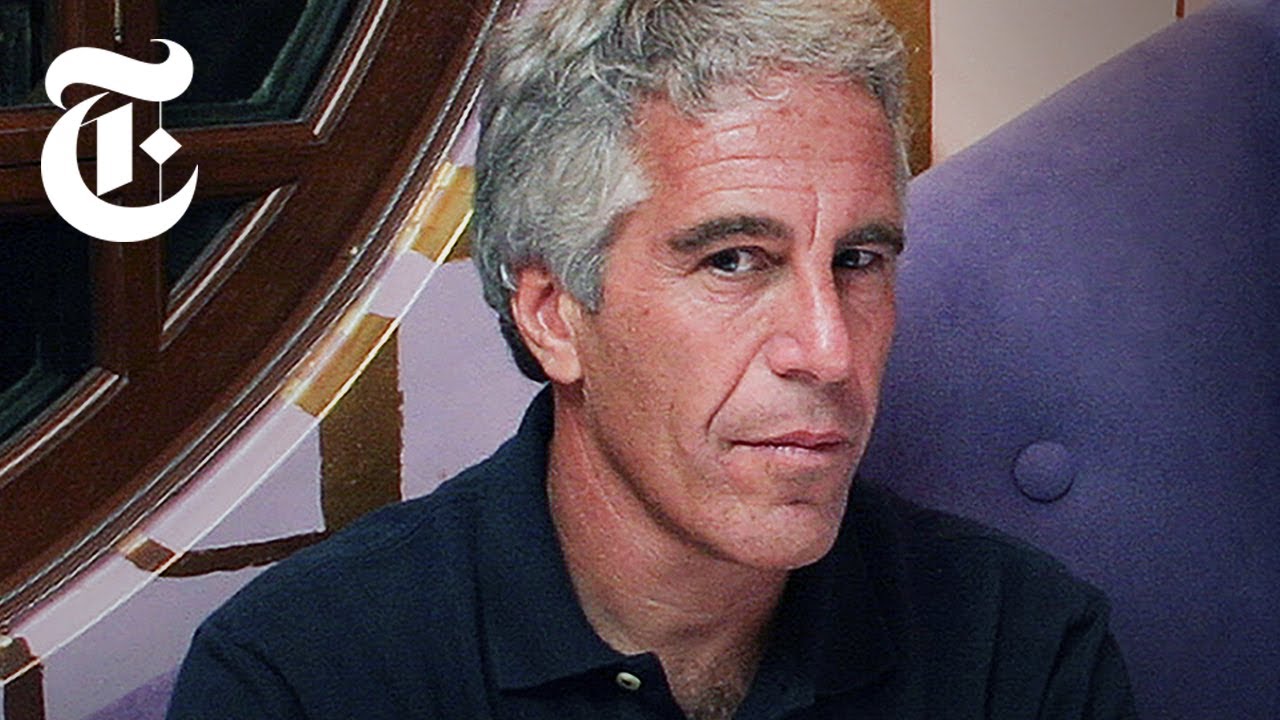
Understanding What Is Epstein Island
Located in the Caribbean, Little Saint James is picturesque at first glance, yet its history tells a different story. Jeffrey Epstein purchased the island in 1998 and developed it into an opulent retreat for his high-profile guests. While many think of it as a slice of paradise, the reality diverges shockingly from the image of sun-soaked beaches and swaying palm trees. Epstein’s island became known as the “Pedophile Island” due to the multitude of disturbing allegations rising from the shadows—allegations that portray a haven for powerful individuals looking to exploit the vulnerable.
What made Epstein’s activities particularly insidious was his ability to connect with influential figures like Bill Clinton and Prince Andrew. These connections fueled discussions about who was aware of his actions and who may have turned a blind eye. Little Saint James stands as a stark reminder of how sometimes wealth and power can pave the way for unimaginable misdeeds. It raises critical questions regarding accountability among the elite and challenges our trust in institutions meant to protect the public.

Top 5 Shocking Realities About Epstein Island
1. The Elite Clientele
Epstein was a master at attracting high-profile guests, turning Epstein Island into a playground for the rich and famous. Names like Bill Clinton, Prince Andrew, and Les Wexner are often linked to his dark world, cementing the troubling narrative of co-conspiracy and complicity. With such a star-studded guest list, the implications are staggering; the conversation goes beyond who was there, delving deep into who might have known about the trafficking and exploitation happening behind closed doors.
2. The Architecture of Secrecy
The infrastructure on Epstein Island is as perplexing as it is opulent. The estate featured a mansion, guesthouses, and even a temple-like structure, raising eyebrows about the true purpose of these buildings. The secrecy shrouded around the island only enhances the narrative of Epstein’s hidden operations. This stark contrast between luxury and darkness exemplifies how an image of paradise can mask the reality of exploitation.
3. The Water Sports and Entertainment
Lavish parties and water sports were regular features of life on Epstein Island—all meant to entertain but, as many victims have testified, often functioned as a façade for sinister activities. Young women and minors were lured into what appeared to be social events that turned into opportunities for exploitation. Recreational activities turned into a cover for Epstein’s vile operations, showcasing how entertainment can hide gross abuse.
4. The Legal Fallout and Investigations
The aftermath of Epstein’s death has seen trial after trial, with lawsuits piling up against his estate. Survivors and victims are courageously seeking justice, aided by prominent attorneys like Gloria Allred. But the scandals didn’t just stop at Epstein; this web of exploitation has ensnared numerous organizations and individuals from all sectors, compelling them to confront painful truths they had rather left buried.
5. The Ongoing Mystique
The fascination with Epstein Island hasn’t faded. Documentaries and investigative reports continue to generate buzz about the island and the broader issues of sex trafficking. New revelations surface regularly, keeping public interest alive and prompting discussions about the implications of Epstein’s operation on society today. From the latest documentary explores these topics to the undercover investigations unveiling hidden truths, the island stands at the intersection of exploitation and power, lingering like an unhealed wound.
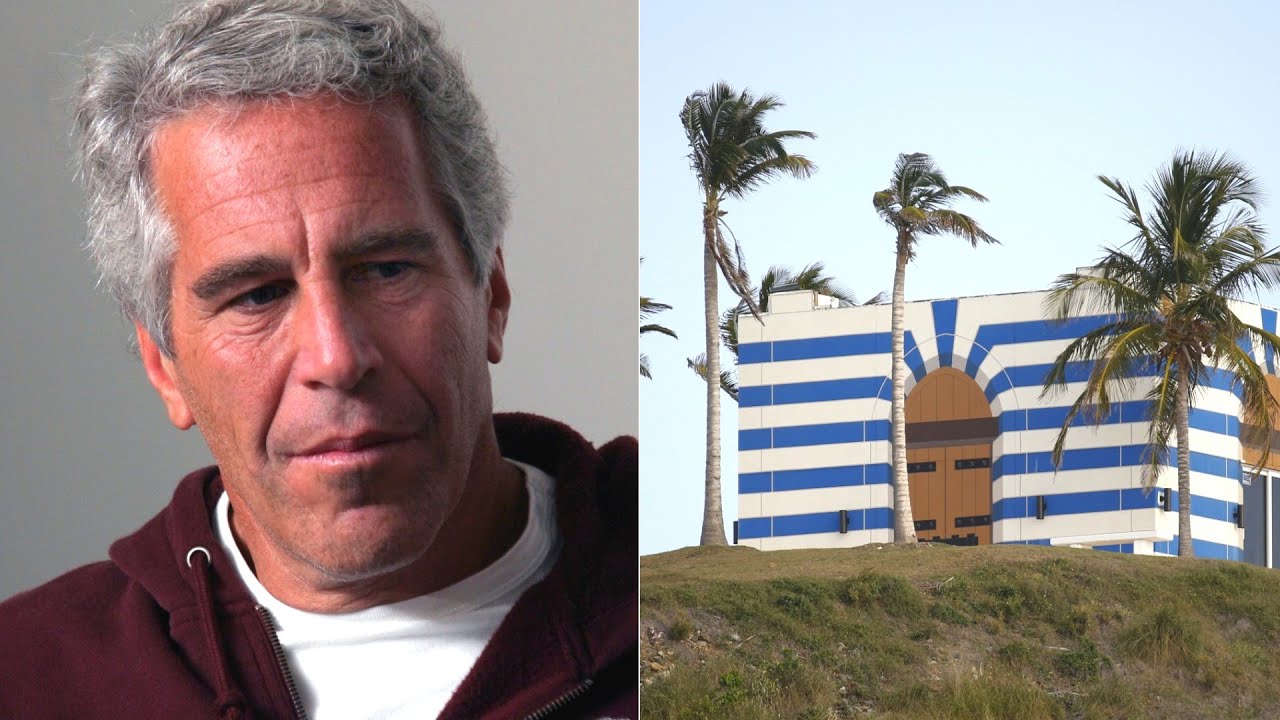
Beyond Epstein: What Do We Know About When Is Amazon Prime Day?
While Epstein Island embodies a dark reality, the modern economic landscape has its own ethical entanglements. One such event is Amazon Prime Day, which occurs annually in July, allowing consumers to enjoy mega deals. Yet, this shopping spree raises questions about consumerism, labor rights, and the role of corporations in our everyday lives. Without awareness of when Amazon Prime Day occurs, many busy Americans miss opportunities to save and bolster their purchasing power.
Balancing the consumer excitement during this highly anticipated event with the ethical considerations of where products come from is crucial. Shoppers must be cautious. Engaging with brands while being mindful of labor practices can transform the shopper’s role from passive to informed. By understanding the implications of our choices, shoppers can voice their values through their purchases, ultimately shaping the marketplace and demanding higher ethical standards.
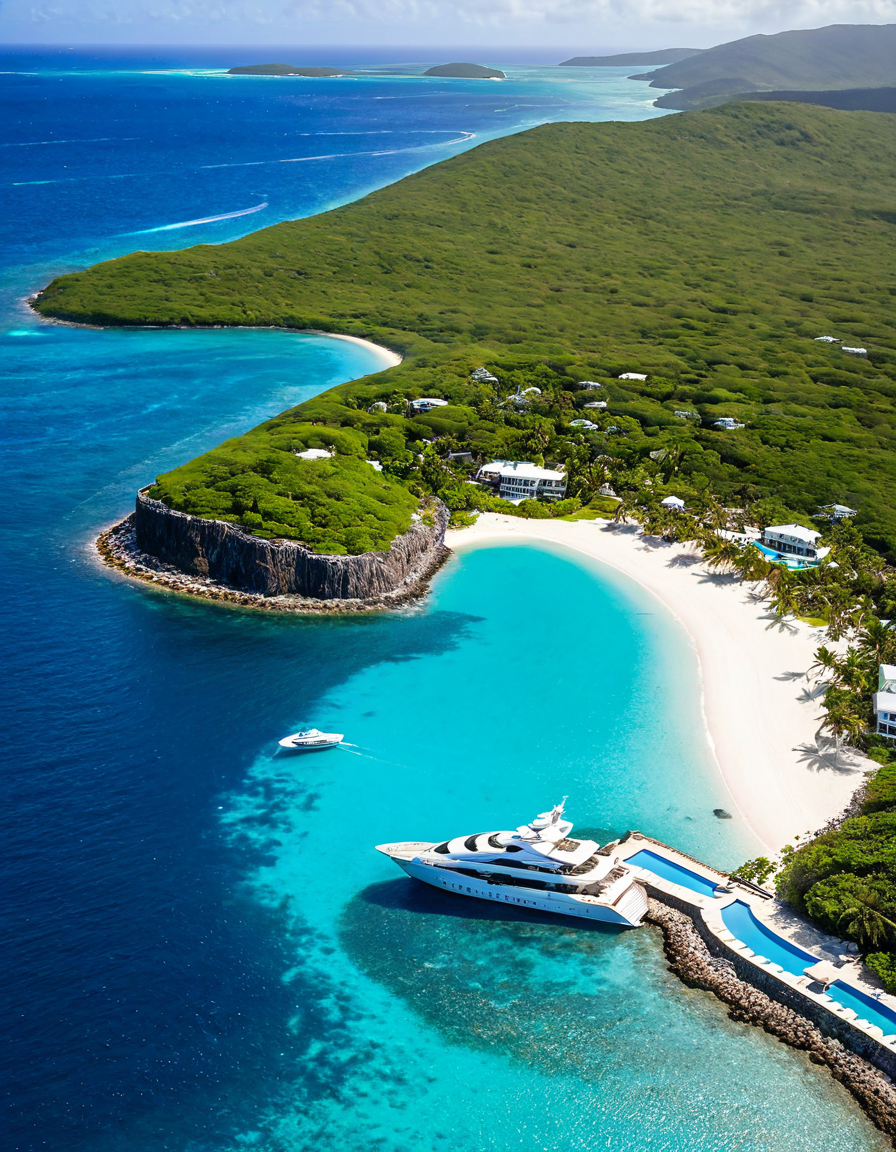
Societal Blind Spots: What Is Super Tuesday?
Turning our gaze to another crucial event, let’s explore “What is Super Tuesday?” This political phenomenon occurs primarily in early March during presidential election cycles when numerous states hold their primary elections. The stakes are high, and the implications extend far beyond party lines. Super Tuesday sets the tone for the rest of the election season and significantly affects voter engagement.
In today’s political climate, conservative voices are often drowned out, with leftist ideologies gaining traction. Activating voter turnout and engaging everyday Americans are pivotal in pushing back against the woke agendas that threaten our foundations. Super Tuesday empowers ordinary citizens to shape their futures by casting votes that reflect their values, proving that our electoral habits matter.
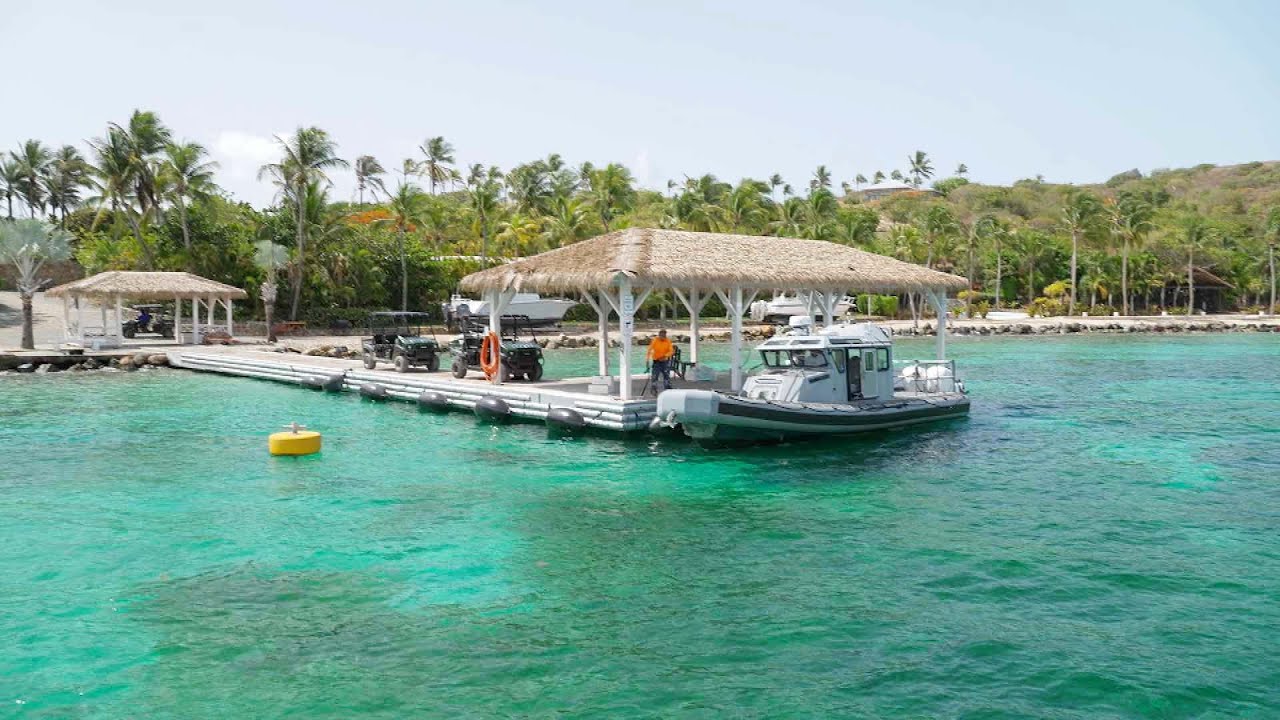
The Edge of Danger: What Is Swatting?
In a disturbing trend, the practice known as “swatting” has escalated online. This dangerous act involves making false emergency calls to provoke a police response, often targeting activists, politicians, or celebrities. Increasing incidents raise critical discussions about online accountability and the chaotic impact of unchecked outrage culture.
Swatting represents a risk not only to the targeted individual but also to law enforcement and bystanders who could be caught in dangerous situations. The need for responsible behavior in the digital sphere has never been clearer. As the lines between online and offline interactions blur, awareness and education become paramount to protecting individuals in an increasingly volatile social environment.
Spiritual Shadows: What Is Scientology?
As we examine elite circles that harbor dark secrets, one organization often brought into the light is Scientology. Underneath its polished exterior lie allegations of abuse and manipulation, with high-profile members such as Tom Cruise and John Travolta at the forefront. The intersection of power and belief raises critical questions about the impact of unchecked influence.
Like Epstein, Scientology splinters perceptions of morality and ethics. Its opaque operations reflect a broader societal challenge to confront. As both institutions face mounting scrutiny, we must evaluate the forces shaping the lives of individuals caught in a web of exploitation and power. The issues surrounding organizations like Scientology echo the dark realities of Epstein Island, fostering a call to action against injustices lurking among the privileged.
In conclusion, understanding what is Epstein Island transcends geographical borders; it nudges us to confront deep-rooted societal problems. Epstein’s legacy inhabits a troubling space where exploitation flourishes unchecked. The secrets of this small island compel us to reflect on issues of accountability, justice, and the manipulation of power, urging us toward greater vigilance in safeguarding moral integrity in all our institutions.
What Is Epstein Island?
A Closer Look at the Infamous Location
So, what is Epstein Island? Officially known as Little Saint James, this small private island in the U.S. Virgin Islands was owned by the late financier Jeffrey Epstein. For years, it was a secluded haven, often shrouded in mystery and, more recently, infamous for its association with numerous allegations of illicit activities. Epstein’s island was not just an ordinary getaway; it featured opulent structures, a bizarre blue and white-striped building, and even a temple-like structure that sparked endless speculation. Many were left shocked, like those who read about unexpected events such as an American Airlines ground stop that turned travelers’ plans upside down.
Dark Secrets and Notable Connections
Little Saint James became a hotspot for controversial interactions between high-profile individuals, and as such, it caught media attention not just for its dark secrets but also for who might have visited. Imagine finding out about unanticipated connections like that of the late actor Werner klemperer—you’d( be surprised , right? Many people didn’t even know who was linked to Epstein, which led to endless discussions and theories. Amid all this hype, it’s crucial to maintain a healthy skepticism and look for credible information. After all, some folks were just trying to cash in on the spectacle, much like the buzz around a new flight route, like that of a Southwest Airlines flight To Hawaii that captivates vacationers every season.
The Unraveling Mystery and Ongoing Impact
The island’s troubling legacy continues to unfold, drawing intrigue and investigation. The whole Epstein saga has often served as a reminder that beneath opulence, sinister secrets can fester, similar to folks sharing surprising revelations on social media, much like Real Talk kim on Twitter. Rumors swirl about what really happened there, and as authorities continue to uncover details, various reports about Epstein’s connections to other high-profile figures—including those tied to the entertainment industry—continue to spark outrage. The island’s reputation is forever altered, and in escaping to idyllic retreats, remember that appearances can be deceptive. Much like enjoying a meal at Burtons Grill & Bar or visiting a quirky spot like Uchi no otouto, you never really know the story behind the surface. So, what is Epstein Island? Just the place where glamour meets a turbulent narrative that still sends shockwaves through society today.


